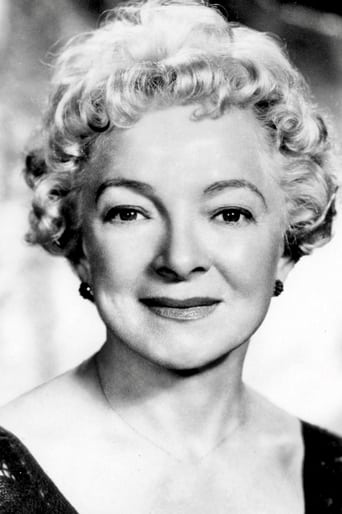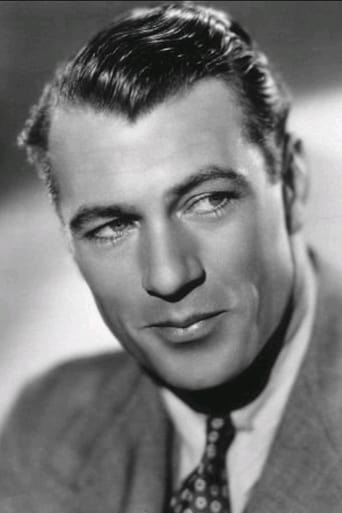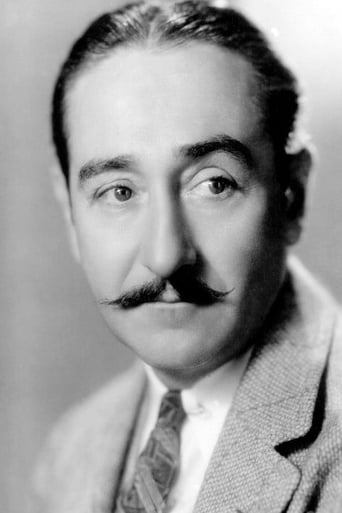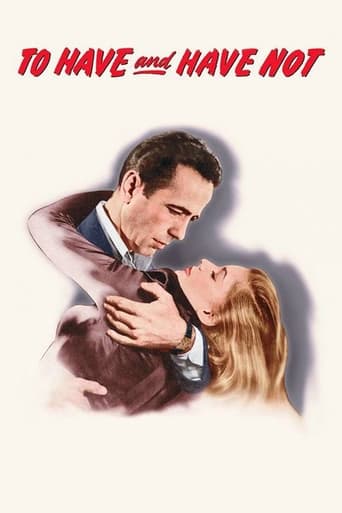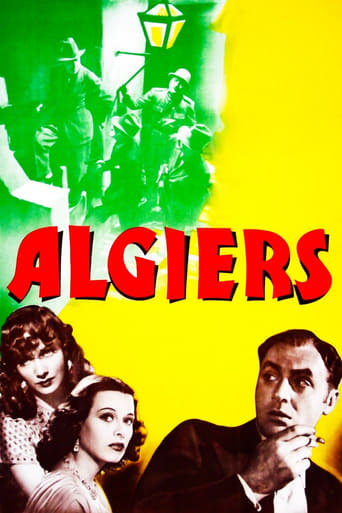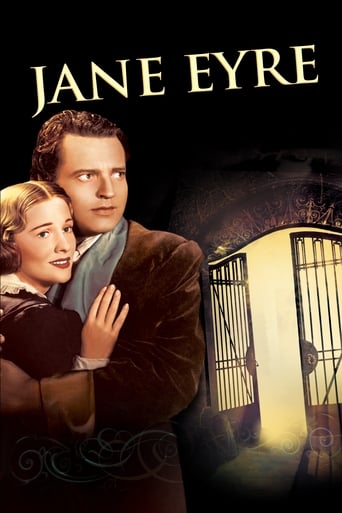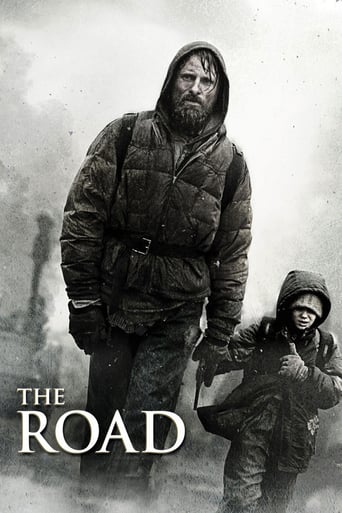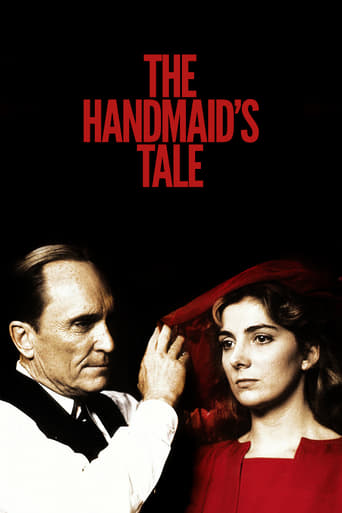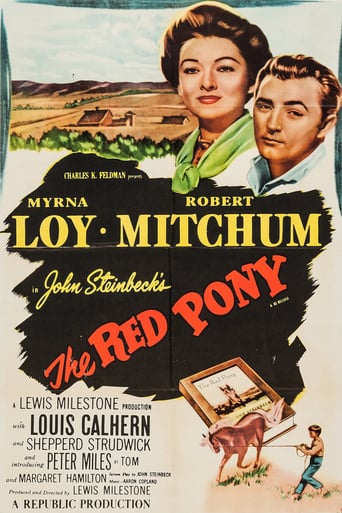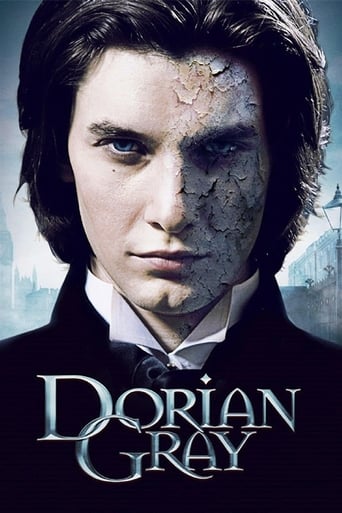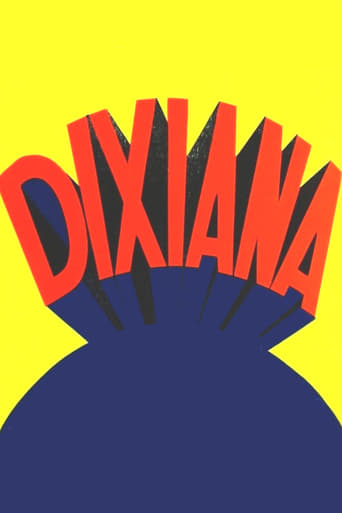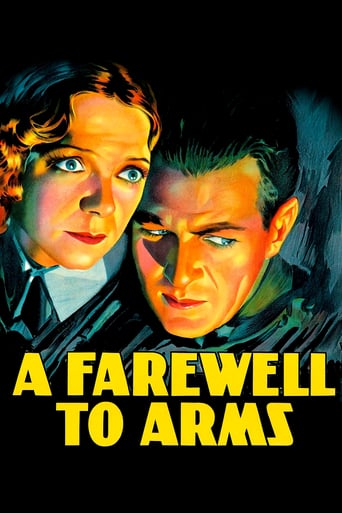
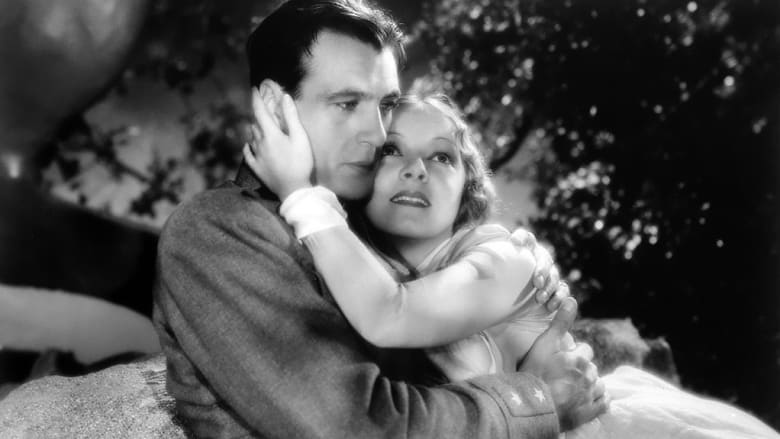
 Watch Now
Watch Now





A Farewell to Arms (1932)
 Watch Now
Watch Now





A tale of the World War I love affair, begun in Italy, between American ambulance driver Lt. Frederic Henry and British nurse Catherine Barkley. Eventually separated by Frederic's transfer, tremendous challenges and difficult decisions face each as the war rages on.
Watch Trailer
Cast


Similar titles
Reviews
Touches You
Excellent, Without a doubt!!
An old-fashioned movie made with new-fashioned finesse.
The movie turns out to be a little better than the average. Starting from a romantic formula often seen in the cinema, it ends in the most predictable (and somewhat bland) way.
Hayes and Cooper are splendid and film is best when they are alone on screen. Their scenes are romantic and even daring. When Hayes questions Cooper about his past "lovers" it is done with wit and maturity. SPOILER ALERT Unfortunately we know that Catherine's "sin" cannot go unpunished. Everyone seems to conspire against the lovers. And Catherine's character is too passive to be an admirable heroine. The whole movie is very well set up from the beginning but the ending is too long delayed for modern audiences. Why isn't Frederick allowed to visit his dying "wife"? And Wagner playing as Catherine dies is way over the top!
Based on Ernest Hemingway's semi-autobiographical 1929 novel of the same name, this seemed like the perfect film to watch after the Hemingway biopic "In Love and War" (1996) but it is not a very good one. I read the relevant novel seven or eight years ago so my memories of it are admittedly not terribly fresh but this is not a great adaptation. The film is slowly paced, disjointed and often boring in spite of its short running time. The ending is far too melodramatic for my liking. The script largely trades the novel's cynicism and fatalism for sentimentality and romanticism. Hemingway hated the film but, to be perfectly honest, I wouldn't have had a problem with these changes if they had been handled well. Sadly, they weren't as the script is not exactly strong.That said, there is an underlying sense of fatalism when it comes to the treatment of the First World War and the manner in which it impacted on its participants. The scenes dealing with the war are considerably better executed than the romantic ones. The film is interesting in its depiction of premarital sex, particularly since it would have been toned down considerably if it had been made after the Hays Code came into effect in 1934. Hemingway would have probably hated it even more if, say, it had been made in 1937. The novel's language was toned down as well but that was hardly surprising given that Hemingway used several words that would not be commonly heard in films until decades after his death.Gary Cooper became a better actor as he got older but he is not a great leading man in this instance. His performance as Lt. Frederic Henry is very variable. In contrast, Helen Hayes is excellent as his beloved Catherine Barkley, a war weary and somewhat emotionally damaged English nurse. I've never seen her in anything young before so that was interesting. However, she and Cooper have next to no chemistry so their romance is tepid at best, which is obviously never a good thing in a romantic film! The film also features strong performances from Adolphe Menjou as Henry's unreliable "war brother" Captain Rinaldi, Mary Phillips as Catherine's best friend and fellow nurse Helen Ferguson and Jack La Rue as an Italian priest who has difficulty comprehending the scale of death and destruction that the war has caused. Cooper later became close friends with Hemingway and chose him to star in the film adaptation of his 1940 novel "For Whom the Bell Tolls".Overall, this is not a very good film when it comes to the romantic elements but much better when it comes to its more limited war elements.
Perhaps I should state at the outset that I have not read Ernest Hemingway's third novel, the 1929 classic "A Farewell to Arms," and thus can only comment on the 1932 filmization that I recently watched on DVD. Hemingway, as the story goes, actively disliked the picture, and with its relatively brief running time of 78 minutes, it's easy to imagine that a good part of the author's original was given the Hollywood glossover. (The 1957 remake, generally regarded as the inferior of the two, is yet almost twice as long!) A somewhat dated, slightly creaky affair, the film is of interest today mainly for the excellent performances turned in by its three leads and for the Oscar-winning photography of Charles Lang (his only Academy Award, despite a more-than-impressive filmography).In the picture, we meet an American ambulance driver named Frederic Henry (played by Gary Cooper), who is serving on the Italian front during WW1. A doctor friend of his, an Italian named Rinaldi (Adolphe Menjou), introduces him to a British nurse, Catherine Barkley (Helen Hayes, riding high after her recent Oscar win for 1931's little-seen "The Sin of Madelon Claudet," and who largely forsook Hollywood after 1935, to become "The First Lady of the American Theater"). The two instantly fall in lust (American nurse Agnes von Kurowsky, Hemingway's inspiration for the Hayes character, who he'd met while injured in Italy, had rebuffed the author's amorous advances), and after Henry is wounded at the front, Catherine tends to his wounds in hospital, becoming, uh, knocked up in the process. Forced to leave her nursing group as a result, Catherine hides out in Switzerland to have her baby, alone, leading to the mother of all tear-jerking conclusions....Released in December '32, shortly before the stifling Production Code came into being, "A Farewell to Arms" is, surprisingly, sexually frank. Catherine and Henry, scant minutes after being introduced in a hotel garden, are busily engaged in the ol' "horizontal tarantella," their randiness attributed to "the war" more than their own natural inclinations. Still, Henry tells his newfound galpal "I love you" immediately afterwards, and, as events subsequently demonstrate, he means it. Cooper and Hayes do have a certain chemistry here, although they make an odd-looking couple, with Cooper towering over his girl by a good head and a half. Much of the dialogue that they utter is of the florid, purple-prose variety, and Hayes seems to occasionally overact a tad. Also (and please don't think me a superficial pigdog here), lookswise, Hayes was far from the comeliest actress on the lot, although Rinaldi refers to Catherine as the prettiest nurse in the area. Given her plain-Jane decent looks, this instant lustful infatuation on Henry's part becomes a bit incredible; a sweeter-faced actress of the period, say Claudette Colbert, might have been a better casting choice. Cooper, with his shy smile and diffident delivery, is always ingratiating, however, and Adolphe manages to convince as an Italian doctor. (Like many folks, I have a feeling, I've long thought that Menjou was French, whereas he was actually born in Pittsburgh, U.S.A.!) Director Frank Borzage, who would go on to work with Cooper in the 1936 Marlene Dietrich vehicle "Desire," does a thoroughly admirable job here, while Charles Lang certainly did earn his Oscar, especially by dint of two powerful scenes: the POV shots from Henry's moving hospital gurney, and the montage sequence of Henry's trek to find Catherine in Brissago, Switzerland. In all, a perfectly respectable film, and one that I might have appreciated a little more, had I not seen the WW1 classics "Grand Illusion" (1937) and "All Quiet on the Western Front" (1930)--two infinitely superior pictures--at NYC's Film Forum just a few weeks earlier. Still, those immortal classics are more antiwar films, whereas "A Farewell to Arms" is a romantic drama with a WW1 backdrop. The film concludes most ambiguously, with Henry proclaiming "Peace, peace" as doves fly high and the Great War ends. But whether he is praying for world peace, or peace and surcease from his tragic memories, or peace for the pitiful woman in his arms, is anybody's guess....
A Farewell to Arms (1932)An unabashed over the top war romance (by Hemingway) and two young actors at the peak of their abilities. Add some really vigorous filming (some of the actions scenes in the battle are frightening and awesome), and you can see why this is such a powerful movie.There is a little sense of familiarity to this kind of story, and an old fashioned romantic flavor to it (the book is similar in outline but slightly cooler, more prosaic, more intense, more true). I think Helen Hayes is perfect but only from the director's point of view--she gave him what he wanted for this kind of high drama, and I love the performance. Gary Cooper never sits right for me--his facial twitches remain twitches, his woodenness you can knock on with your knuckles--but this is one of his best performances, alongside "High Noon." The photography by Charles Lang is really one of the highlights, and in weird way there are so many wordless part of the film, it has the strength of a great silent film with sound effects. Which pushes the burden further on the visuals. Another of the great early 1930s testaments to pure filming.Does it work in the end? Partly. But it's really sentimental, and you have to like uncomplicated emotional conflict, and resolution, complete resolution.


